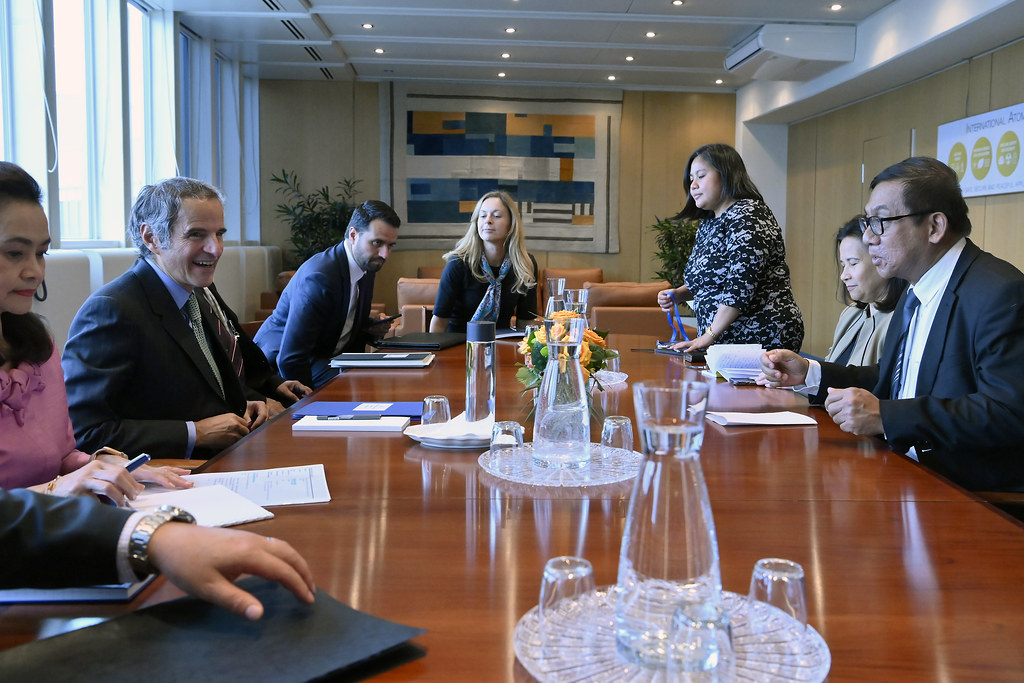Meetings are an essential part of modern work culture. Whether it’s a quick team huddle or a lengthy boardroom discussion, effective meetings are crucial for communication, collaboration, and decision-making. However, meetings can often be time-consuming and unproductive, leaving participants frustrated and overwhelmed. This is where AI Meeting Assistants step in to transform the meeting landscape. In this blog, we’ll explore the concept of AI Meeting Assistants and how they are revolutionizing the way we conduct and manage meetings.
What is an AI Meeting Assistant?
An AI Meeting Assistant is a sophisticated software application powered by artificial intelligence (AI) and natural language processing (NLP) technologies. Its primary purpose is to enhance the overall meeting experience for both organizers and participants. These AI-driven systems are designed to automate and streamline various meeting-related tasks, ultimately making meetings more efficient, productive, and engaging.
Key Features of AI Meeting Assistants
- Meeting Scheduling: AI Meeting Assistants can analyze participants’ schedules and find the most convenient time for everyone. They can also send out meeting invites and reminders, reducing the hassle of scheduling and coordination.
- Agenda Management: These assistants can create and manage meeting agendas, ensuring that discussions stay on track and goals are met. They can also generate detailed meeting minutes and action items.
- Natural Language Processing: AI Meeting Assistants are capable of understanding and processing spoken or written language. This enables them to transcribe conversations, identify key discussion points, and even provide real-time language translation for international meetings.
- Virtual Attendees: Some AI Meeting Assistants can simulate human presence by using avatars or voice synthesis technology, allowing remote team members to participate more actively.
- Action Item Tracking: These assistants can track action items and deadlines, ensuring that follow-up tasks are completed efficiently.
- Data Analytics: AI Meeting Assistants can analyze meeting data, providing valuable insights into meeting trends, participant engagement, and areas for improvement.
Benefits of AI Meeting Assistants
- Time Efficiency: By automating scheduling, agenda management, and follow-up tasks, AI Meeting Assistants save participants valuable time that can be better spent on productive work.
- Enhanced Engagement: AI Meeting Assistants can help maintain a structured agenda and provide real-time information, encouraging active participation and reducing distractions.
- Improved Collaboration: These assistants can facilitate smoother communication, ensuring that everyone’s voice is heard and ideas are captured.
- Reduced Administrative Overhead: With AI Meeting Assistants handling administrative tasks, administrative staff can focus on more strategic responsibilities.
- Data-Driven Insights: Meeting analytics generated by AI Meeting Assistants can help organizations identify trends and areas for improvement in their meeting culture.
Challenges and Considerations
While AI Meeting Assistants offer numerous benefits, there are also challenges and considerations to keep in mind:
- Privacy and Security: The handling of sensitive meeting data and recordings requires robust security measures to protect against breaches and data leaks.
- Integration: AI Meeting Assistants need to seamlessly integrate with existing collaboration tools and platforms to maximize their effectiveness.
- User Adoption: Successfully implementing AI Meeting Assistants may require time and effort to ensure that all participants are comfortable with the technology.
Conclusion
AI Meeting Assistants have the potential to revolutionize the way we conduct meetings. By automating administrative tasks, enhancing engagement, and providing valuable insights, these assistants can significantly improve meeting efficiency and productivity. As technology continues to advance, we can expect AI Meeting Assistants to become an integral part of the modern workplace, helping organizations make the most of their valuable meeting time.




